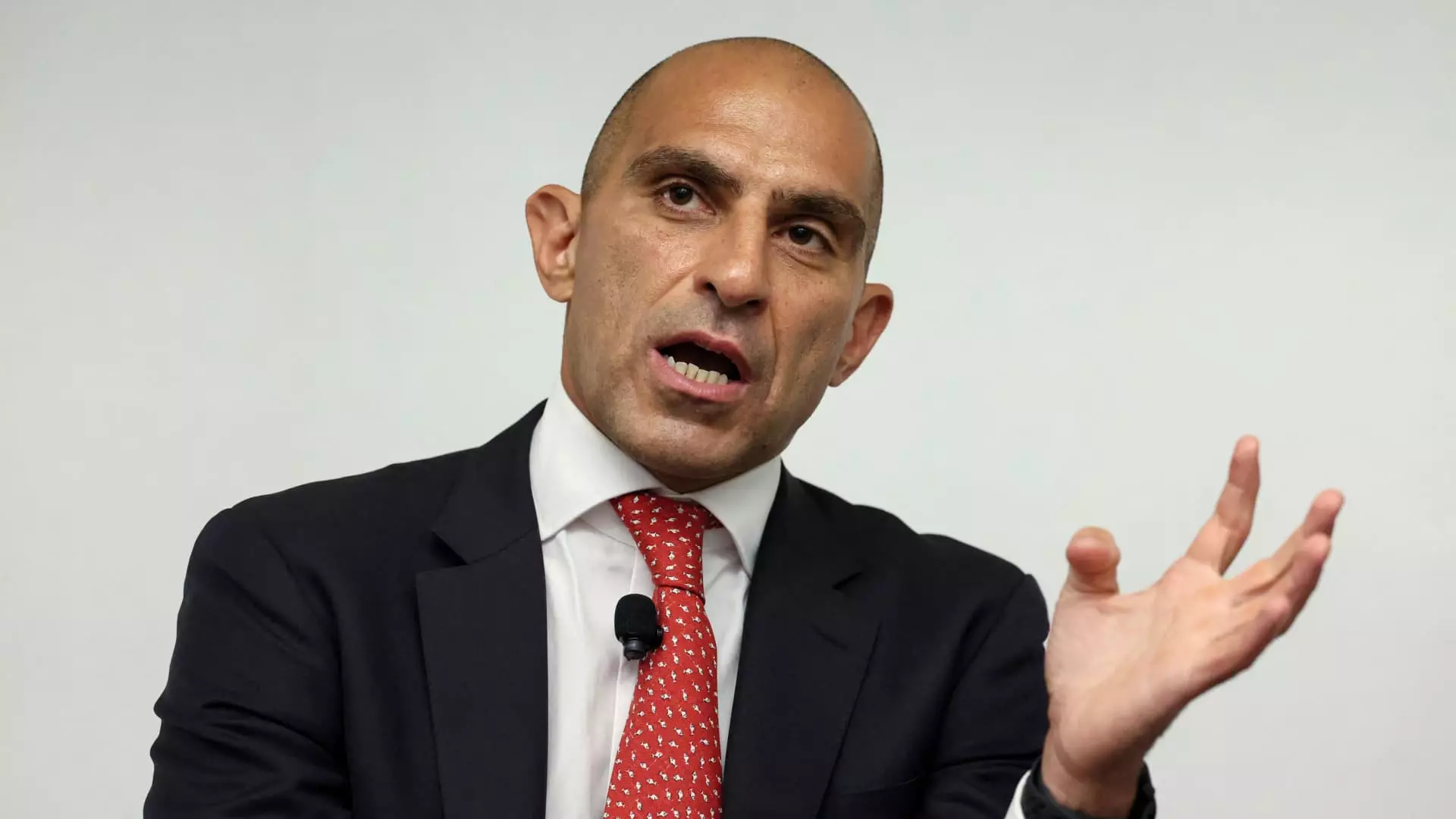The financial regulatory ecosystem is facing unprecedented challenges, particularly regarding the oversight of emerging markets and digital assets. The Commodity Futures Trading Commission (CFTC) plays a pivotal role in this landscape, grappling with legal nuances and the rapid pace of financial innovation. Recently, CFTC chairman Rostin Behnam has been at the forefront of addressing these complexities, especially concerning event contracts tied to U.S. elections and the burgeoning realm of digital currencies.
Controversy Over Event Contracts
The CFTC’s attempt to prevent Kalshi, a financial exchange, from offering contracts where individuals can bet on U.S. election outcomes epitomizes the broader debate about the appropriateness of such financial instruments. Despite a history of opposing political betting contracts, the CFTC found itself in a difficult position after a court ruled in favor of Kalshi, lifting an injunction that had previously restricted these contracts. Behnam emphasized the commission’s long-standing position against election-related event contracts and expressed ongoing concerns about maintaining market integrity in the face of this legal setback. The CFTC’s appeal against the ruling illustrates the agency’s commitment to its principles, highlighting a fundamental clash between innovative financial offerings and established regulatory frameworks.
The rapid growth of digital assets presents another significant challenge for the CFTC. Behnam has voiced concerns regarding the proliferation of scams within the digital asset space, underscoring the vulnerability of American consumers who may not have the necessary knowledge or resources to navigate this complex market. His testimony before the U.S. Senate Committee on Agriculture, Nutrition, and Forestry highlighted an urgent need for comprehensive federal legislation aimed at developing a regulatory framework. Such legislation could provide essential protections for investors and mitigate systemic risks to the financial system. The absence of a cohesive regulatory approach is particularly alarming in an environment where innovation often outpaces regulation, leaving consumers exposed to potential fraud.
As the CFTC continues to adapt to the challenges posed by digital assets and novel financial products, there is a pressing need for collaboration with Congress to establish clear regulations. The divergent opinions on the legality of event contracts and the implications of digital currency reflect a broader ideological struggle within the financial regulatory community. The commission’s steadfast push for regulatory clarity underscores a commitment to protecting the integrity of the markets while fostering innovation.
The CFTC finds itself at a critical juncture as it navigates the complexities of a rapidly evolving financial landscape. The unfolding legal battles surrounding event contracts and the urgent need for regulatory oversight of digital assets signify that proactive measures are necessary to safeguard consumers and the financial system. As these challenges intensify, the collaboration between regulatory bodies and legislative entities will be pivotal in shaping the future of financial markets and ensuring that they serve the best interests of all stakeholders involved.

